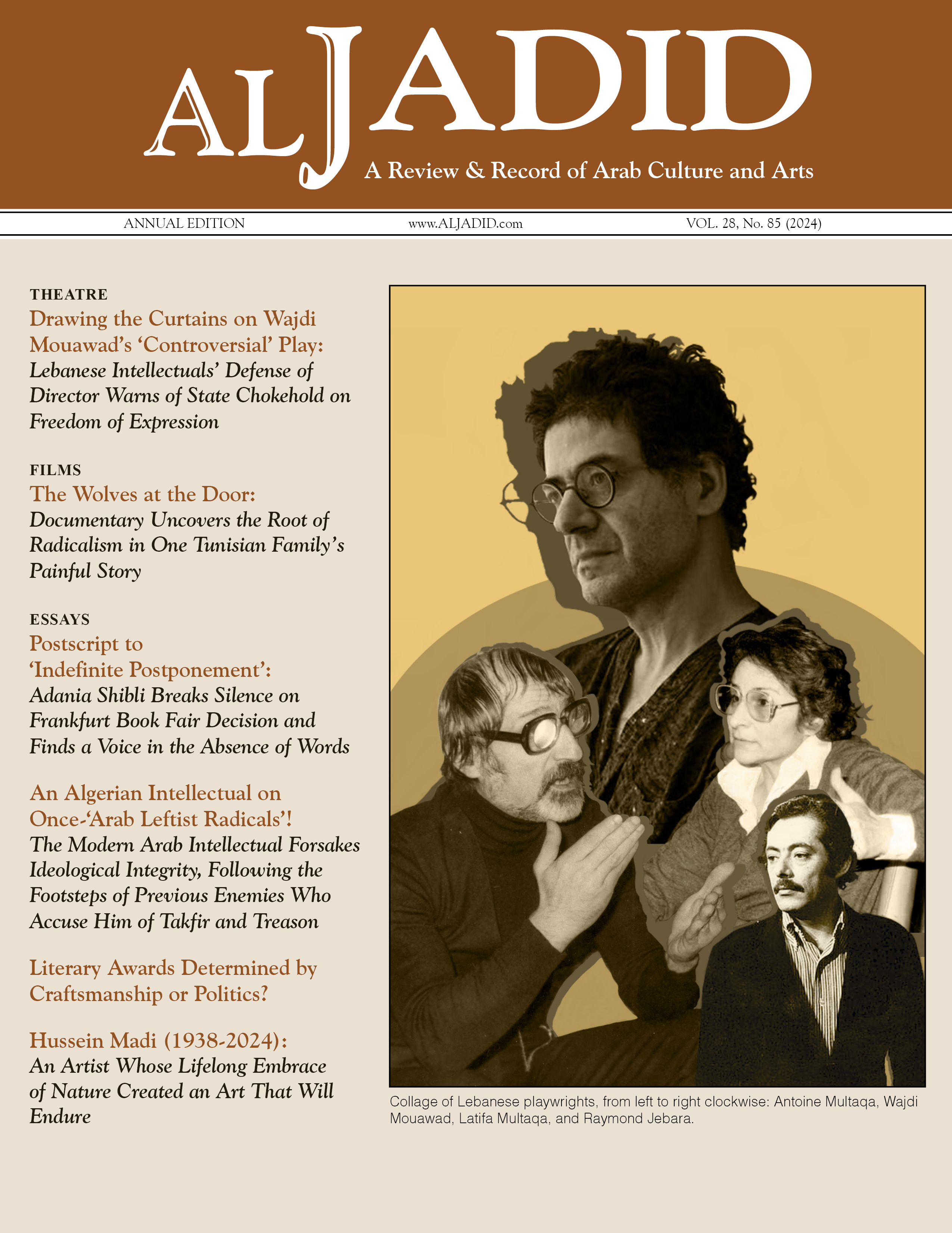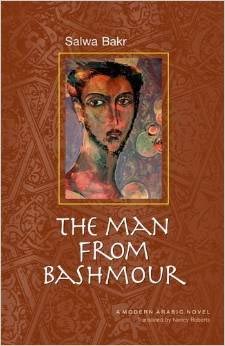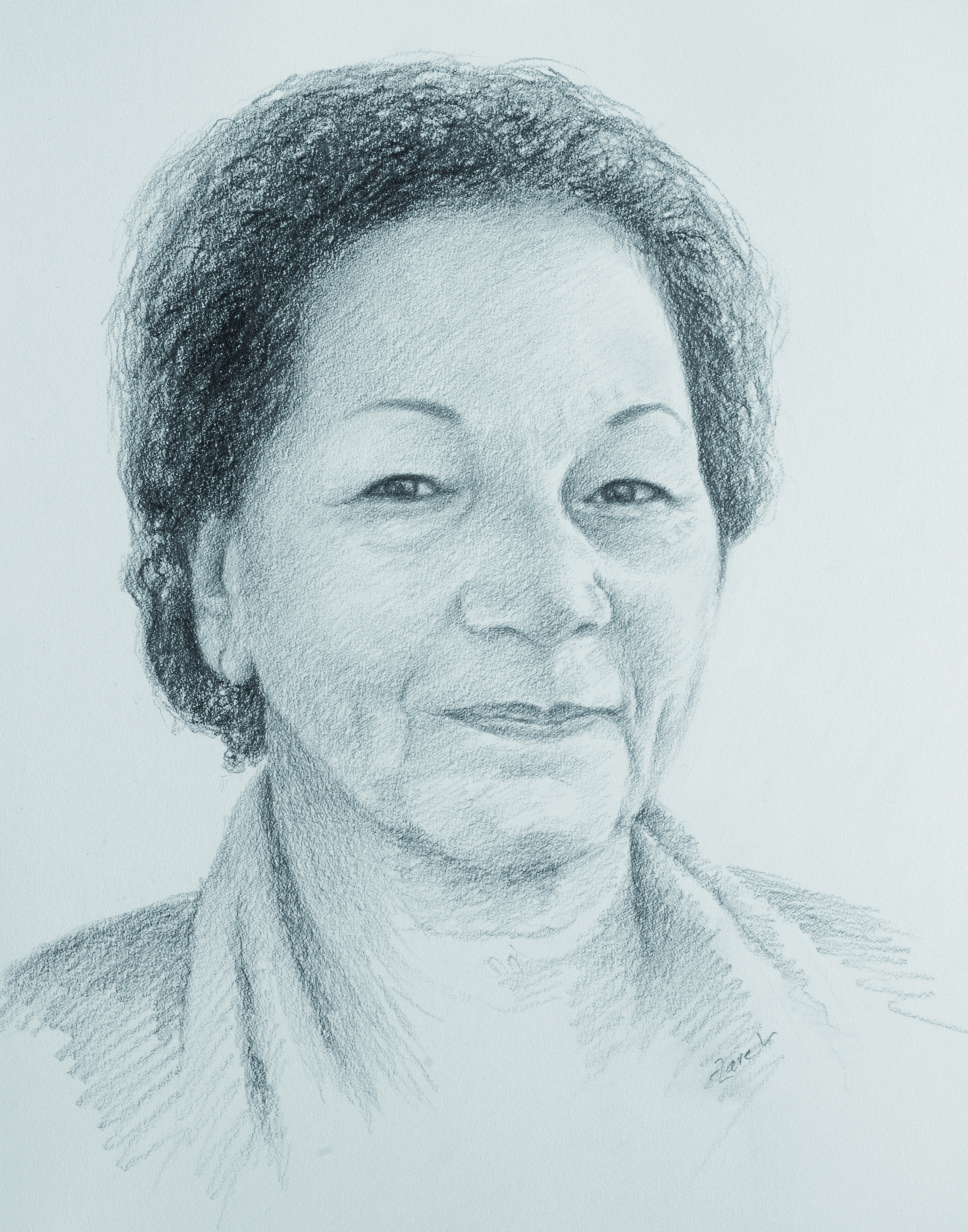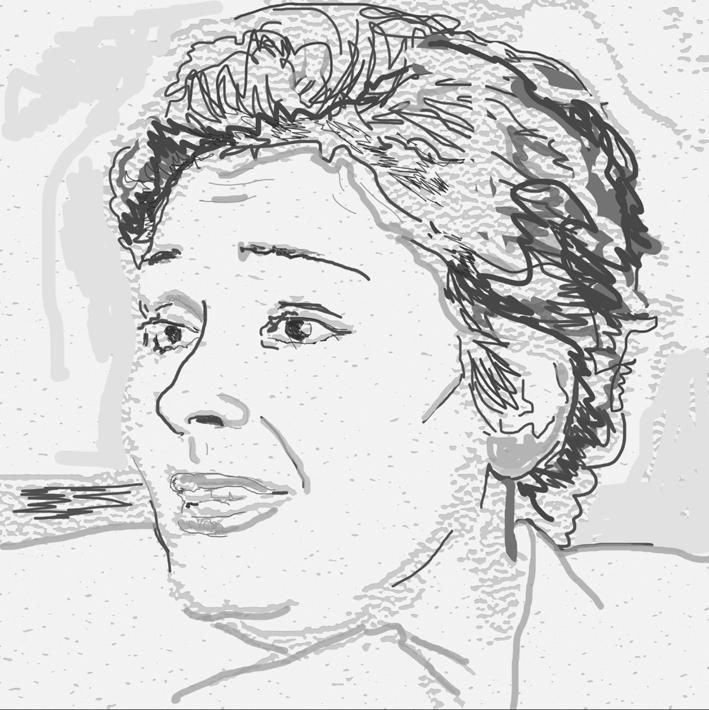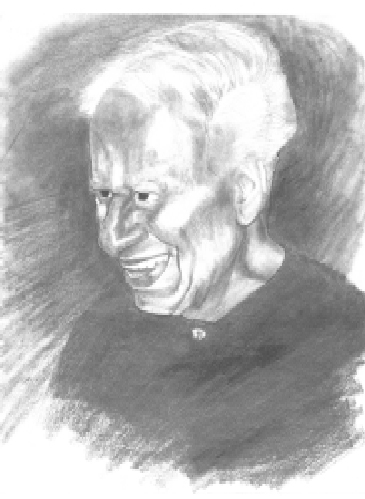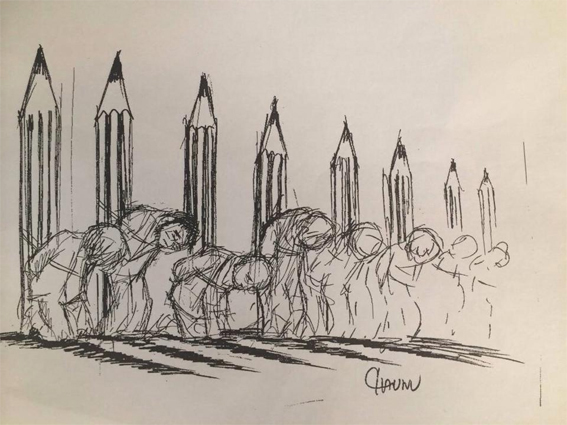Assia Djebar has been problematic for some Arab intellectuals, both when she became an "immortal" or a life-long member of the prestigious French Academy and when her name was frequently mentioned as a Nobel Prize contender. Her death on February 6 2015, proved no exception. As her body lay in one of Paris’ hospitals, the same questions arose: Why were her works not translated enough into Arabic? In contrast, her novels were translated into scores of other languages. That is a valid question.
Historical Novel Examines Coptic/Muslim Conflicts and Common Ground
By Rebecca Joubin
The Man From Bashmour
By Salwa Bakr, translated by Nancy Roberts
Cairo University Press, 2007
“I was still kneading the dough for the Eucharist break, working on getting it just right, with the intention of leaving it after that to rise.
Does TV Belong in the Bedroom?
Novelist Salwa Bakr Dares to Say it Aloud on Revolution's Successes and Failures
Radwa Ashour (1946-2014): A Literary, Cultural and Political Activist Icon, Echoing in Egypt's Valley
Syrian Regime 'Dresses' Up Image with Choreographed Demonstrations
Etab Hreib on Conflict, Commercialism, and Sexism in Syria’s Current Art Movement
Critically acclaimed Syrian watercolorist, Etab Hreib, a native of Der-Ez-Zor, graduated from the Graphic Arts Department of the University of Damascus. Since then, she has exhibited her work in various parts of the world. She was the recipient of the Al-Mahros Golden Award in Tunisia, a Golden Award from the Chinese Ministry of Culture, and an award from the Ministry of Culture in Algeria.
Searching for the Elusive, Listenable Fusion of Jazz and Classical Arabic Music
By Eric Ederer
Swing Hakim
By Swing Hakim
Independently produced, 2011

